A new Idea!
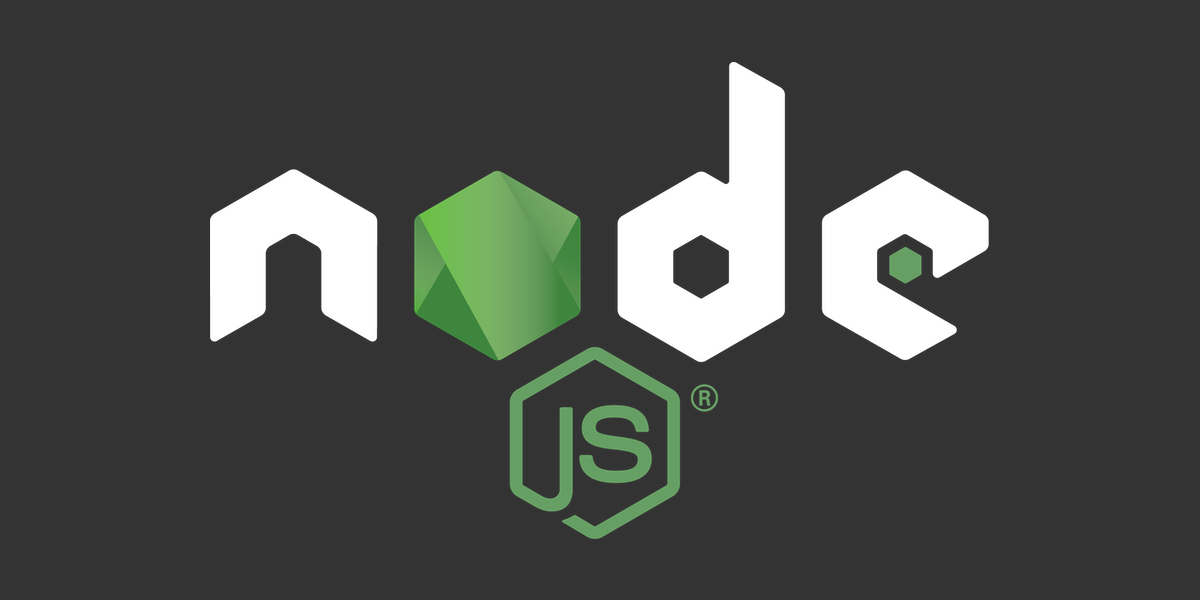
Node js was released in 2009 and has come a long way. It‘s undoubtedly today’s most used runtime, with influential brands shifting to a node.js backend now.
Node.js is an open-source server environment. It is free and can run on various platforms, including Windows, Linux, Unix, Mac OS, and more. Creating a backend was tedious and complex before the node. But now, creating a backend is less exhaustive with node.js. It feels rational, has fewer lines of code, is super fast, and is highly scalable. It’s still complex because it is, after all, a backend but a complexity worth learning.
Alright, now, let’s start this amazing series on node.js. I will keep It very simple for everyone to get started, and in the following articles, we will increase our complexity and learn all the amazing things that node can do.
Before Node.js
We used JavaScript-only inside the browser before the arrival of node.js. The browser offers a runtime environment where the browser natively recognizes HTML, CSS, and Javascript. So basically, your browser is your javascript runtime.
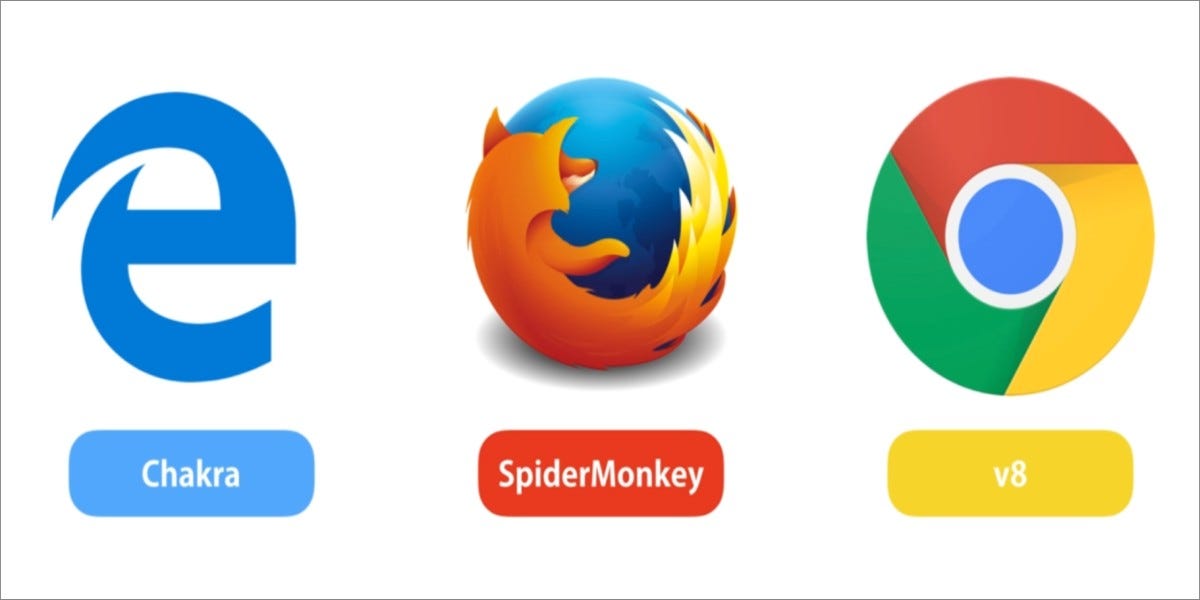
Every browser has a javascript engine like Google Chrome has V8, Microsoft Edge uses Chakra, and Mozilla Firefox uses spider monkey.

The javascript engine takes in the javascript code and converts it into machine code that a computer can understand. The javascript code might render differently on different browsers due to so many varieties of browsers and javascript engines out there.
Alright, what is Javascript?
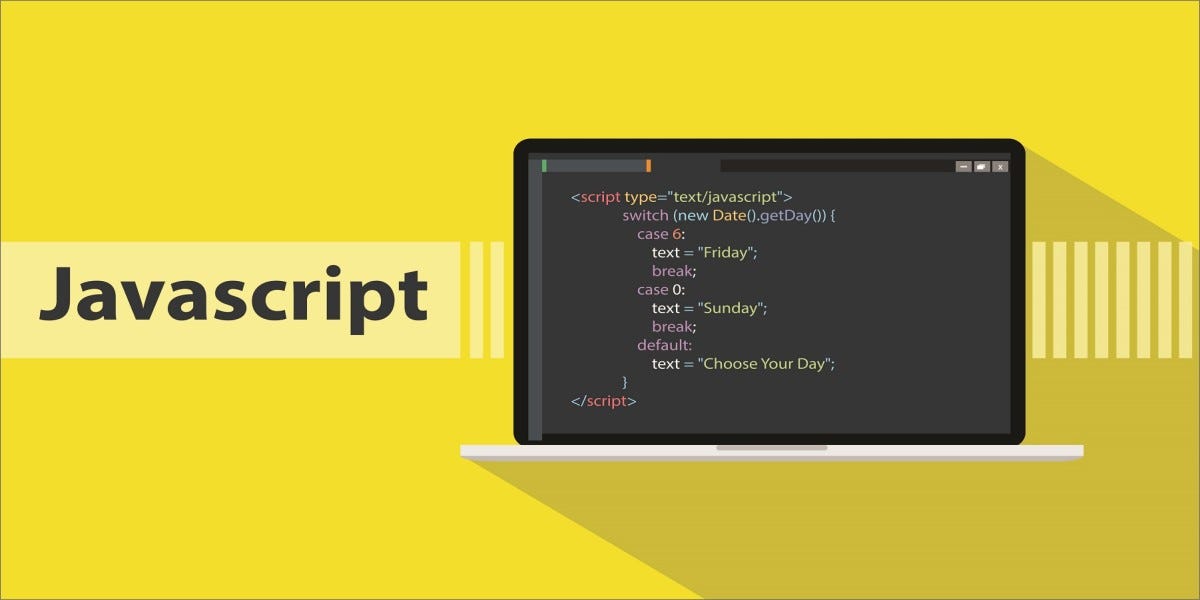
Javascript is a programming language. It is the world’s most popular and widely used programming language and is only growing every day. Javascript is also called the language of startups. Initially, Javascript was used to create interactive web pages, but now it is much more potent because of the vast community support and significant investments from brands and companies. You can now use javascript to create web or mobile apps, real-time networking apps, command-line tools, or even games.
What is Node.js?
Many people think that node.js is a backend language. Well, that isn’t true. Node.js is a runtime rather than a backend language. Node.js is a runtime environment where Javascript code can be executed outside the browser. With node, we take the Javascript code on the server and run it inside a separate container without the limitations and worrying about how our code will render on different browsers.

Node.js is like a container in which a program written in javascript can be executed outside the browser rather than executing inside a specific browser on their native javascript engines.
How does Node.js execute the code exactly?
The critical question now is if the code is executed outside of the browser, who exactly executes the code. Google Chrome uses V8 (javascript engine) to run the Javascript code inside the Chrome browser. So Rayn(creator of node.js) took the V8 engine and wrapped it inside a c++ program to execute the javascript code on the server outside the browser. That program is referred to as Node.js, so node.js uses the V8 javascript engine inside a separate container executed on the server.
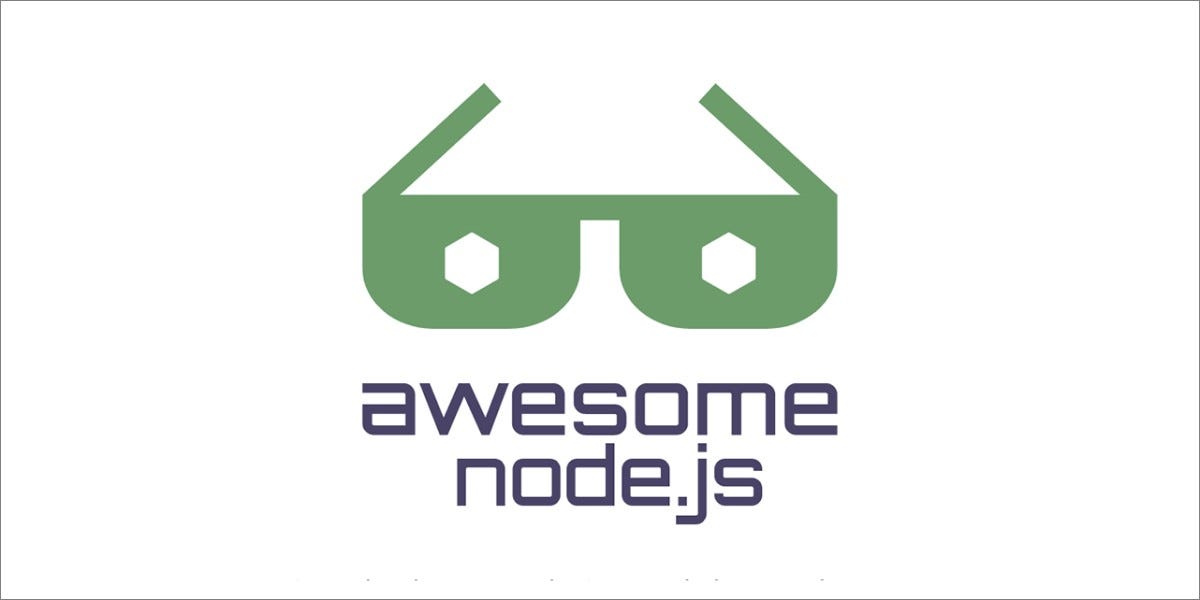
Where to use node and where not
Node.js is a fast, scalable, and effective way to create your backend. But still, there are situations where node.js might not be prosperous or a good choice. It would be best to prefer nodes when creating APIs, data Streaming applications, or server-side rendered applications. You should not choose node.js for building applications with heavy server-side processing or applications with massive image manipulation or file compression, and you should not prefer node.js. You can use PHP in these cases.
Javascript at both ends!
Node.js is javascript on the server. It is fast, efficient, lightweight, and scalable. It is perfect for building fast and scalable data-intensive applications.
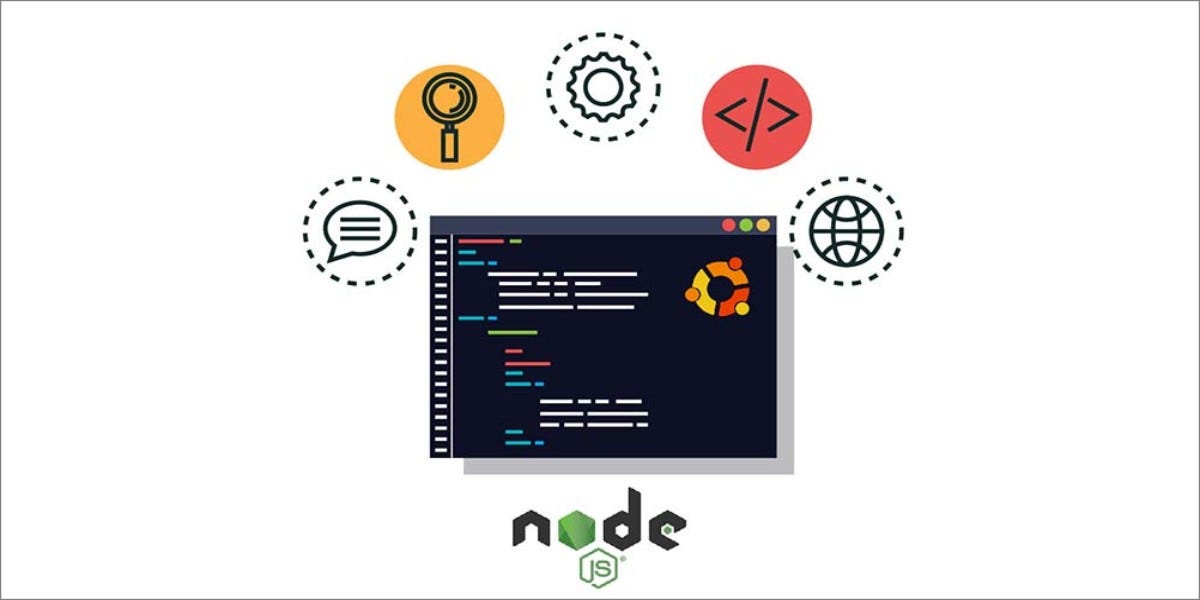
Also, with node.js, you can have javascript across the entire stack. You can create your frontend using javascript and backend using node, and you will not have to switch between different languages.
Alternatives
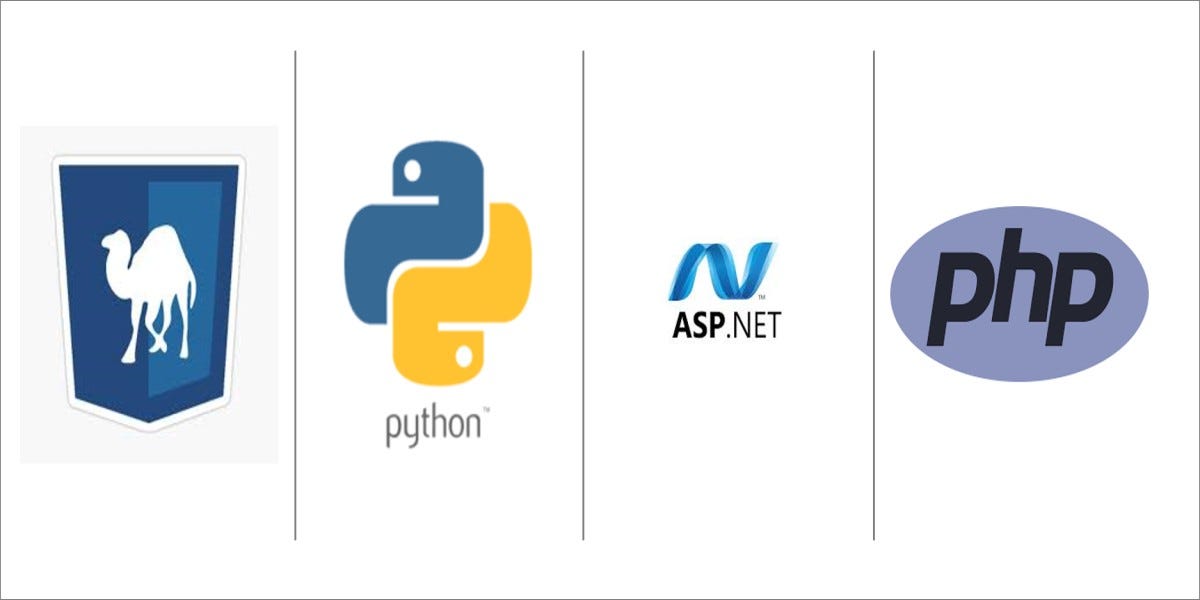
Node.js has become integral in creating and executing web applications, and there are not many alternatives to Node Js. However, some options for creating backend other than node are ASP.net, Python, Perl, Rebol, Ceylon, and PHP.
What separates Node.js?
I suppose you have a better understanding of node.js and why we are using node. The demand and use of node.js are increasing every day and cannot be replaced sooner.
⚈ The other node.js alternatives are far behind, and there is no other framework similar to node.js for building a fast, scalable, and production-ready backend code.
⚈ Node.js is javascript which is the most popular programming language. Almost every significant framework support or uses Node.js.

⚈ Before node.js, developers have to depend on other developers for server-side programming or learn a new server-side programming language by themselves. Therefore this was huge and one of the biggest reasons for the popularity of Node.js.
⚈Node.js has this amazing thing called NPM(Node Package Manager), the world’s largest software registry worldwide. NPM registry contains over 600,000 packages that are used to build Javascript-based applications.
⚈ The incredible community of developers worldwide.
Finally, Node.js is open-source and free forever. These are some reasons that make node.js stand out from its alternatives.
Why should one learn Node.js?

Node.js plays a significant role in backend development and creating highly scalable APIs. It is the first and foremost choice to build chat applications, mobile and web apps, command-line tools, and much more. Node has huge online community support to get help whenever you are stuck. It also allows you to develop cross-platform apps and even games. Hence you should learn node.
So I hope I have convinced you enough to learn node for creating your backend. In the following article, I will try to cover the working of node.js in depth. Till then, have a great day and stay motivated.
